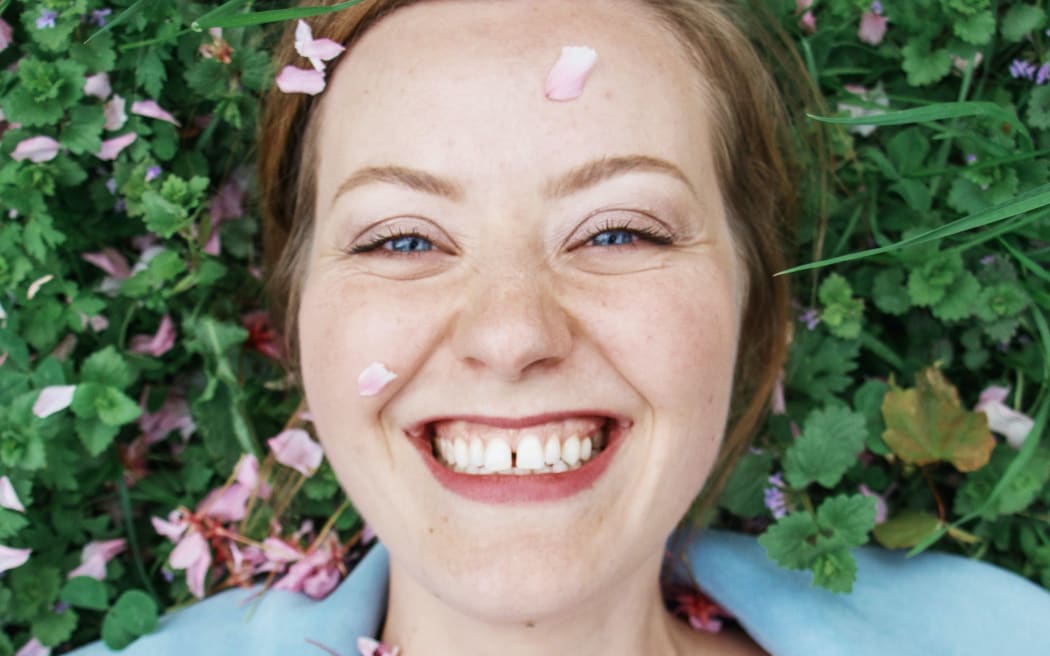The different "plaque trajectories" of good, so-so and very bad teeth-brushers in The Dunedin Study confirm dental hygiene is a long game that rewards commitment, says Otago University professor Murray Thompson.
"No dental disease occurs quickly. It's all slow and cumulative and so is the care that we have to take care of ourselves in order to avoid it …. It's important to do it well and to do it, well, day after day after day," he tells Jesse Mulligan.

Photo: Public domain
Murray Thomson is an Emeritus Professor of Dental Epidemiology and Public Health Oral Sciences at Otago University. He gives us the lowdown on dental hygiene.

Murray Thompson - an Emeritus Professor of Dental Epidemiology and Public Health Oral Sciences at Otago University. Photo: Supplied
How do you brush your teeth?
Carefully, gently, frequently and efficiently.
Why brush your teeth?
To remove the "white slime" that is dental plaque, aka a range of microorganisms, bacteria, fungi and yeasts that can organise into this quite elaborate community. The longer they stay there, the more organised and better defended [that community] becomes.
The idea with brushing our teeth is to disrupt that and get it off the teeth and also at the same time to apply things like topical fluoride in the toothpaste to the surfaces of the teeth so that we heal any very, very early etchings that are the beginnings of holes in our teeth.
For most people, tooth-brushing is a grooming behaviour. And if you look at it that way we do it to make ourselves socially acceptable. And also a clean mouth feels nice.
Brushing twice a day is best
I think it just makes sense from a grooming point of view to clean your teeth after breakfast if you can... That's brushing to make yourself socially acceptable but from an oral health point of view. The most important time to brush your teeth as the last thing at night before you go to bed.
Focus on the tops of your teeth
When we're brushing our teeth, we're focusing on the necks of the teeth, you know, the tops of the teeth. The biting surfaces - they're self-cleansing. The plaque can't really accumulate there because it gets disrupted and doesn't have a chance to establish itself.
Avoid 'medium' and 'hard' toothbrushes
People think 'I need to get a hard brush and the more noise I can make while I'm brushing my teeth the better it'll be'. All it does is scrub away your gums and start cutting grooves into the roots of your teeth that you expose when you brush your gums away.
I don't know why the supermarkets insist on continuing to sell hard or even medium toothbrushes. The material we're brushing off is soft. If it's hard, you can't brush it off. You have to go to the dentist or hygienist or an oral health therapist and get it cleaned off.
Doing the job well is more important than whether your brush is electric
People who have arthritis or particular neuromuscular disorders and find it difficult to manipulate a manual toothbrush find real value in an electric toothbrush.
And of course, if you've got a kid who's a reluctant brusher, they can be little grubs. So the novelty factor of the electric brush can help in those situations as well.
Do we need to brush the tongue?
I've never brushed my tongue. I know theoretically, I suppose we should ... but generally, the tongue is self-cleansing.
Spit but don't rinse
Essentially, if you brush your teeth twice a day with fluoride toothpaste, you're giving your teeth a fluoride mouth rinse twice a day. Why is that important? every time we eat something or we drink something, the sugars in what we eat or drink, feed the bugs on our teeth in that slime. And they convert those sugars to weak acids which then attack the teeth. So if we then twice a day apply a topical fluoride slurry to our teeth we're going to reverse those early lesions and turn them back.
What I recommend is that you brush your teeth very carefully with fluoride toothpaste and then spit out the white bubbly slurry that accumulates. Rinse your brush, put the brush away, but don't rinse your mouth. Just spit out any remaining slurry.
What happens there is you then go to bed and you go to sleep and your salivary flow dries, it drops down to a very low level. And so you have the slurry with the good stuff and hardening your teeth overnight while you sleep. And that'll save you money.

Photo: Ksenia Chernaya
How often should you floss?
We recommend that you clean between your teeth at least three times a week.
I do it six times a week, I give myself Sunday off. I use these little interdental brushes and I go around my bottom jaw and my top jaw cleaning very gently in between my teeth with a little brush. And if you've got the manual dexterity to do that, then by all means do it.
You've got to do it gently and make sure it's wet first, as well. And if you're having trouble getting it in, don't force it. I always I do have some floss on the side just in case I run into problems. And then I can just floss that space.
Anyone who decides tomorrow to start cleaning between the teeth [for the first time in a while] they're going to initially see blood on the brush or blood on the floss. That's not a reason to stop, it's a reason to continue and keep doing it. Persist in doing it and do it gently. You will notice that within a very short time there's very little of that, if any, occurring.
Don't bother with mouthwash
I would stick to [using that in] a situation where I've had surgery in the mouth. [Using it after brushing] you're essentially swirling good money down the drain. And you also risk perhaps disrupting the normal biological balance of the good bacteria in your mouth, Also if you rinse with a mouthwash after you're brushed, then what you're actually doing is rinsing away the fluoride that's hardening your teeth.
Sensitive toothpaste can help your gums
I'm reluctant to talk about a particular brand, but you probably know what it is - rhymes with 'fine'. You've got to use it with warm water and with a very gentle brushing action, a soft brush and don't rinse it out after you've used it. Do that in a sustained manner over a number of months and you should notice that the sensitivity of those roots decreases.

